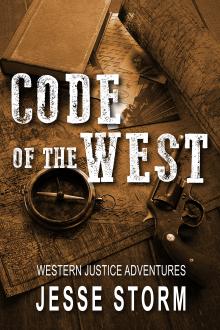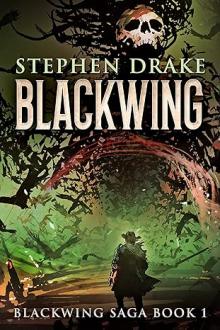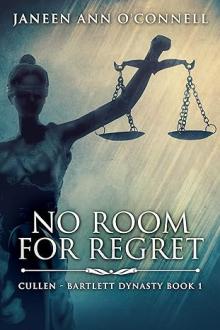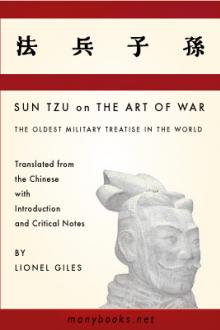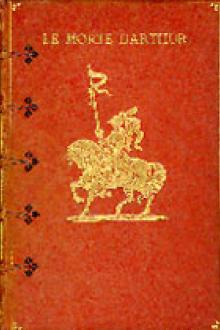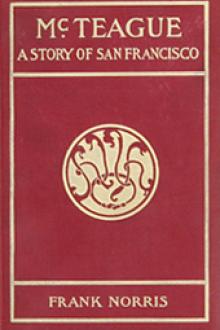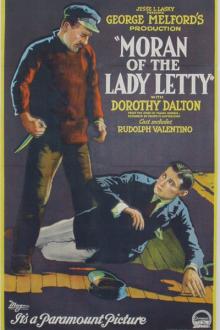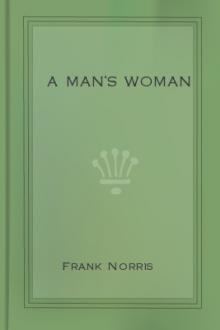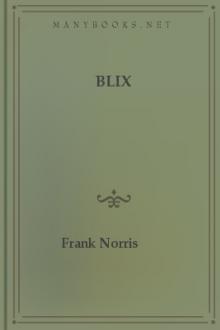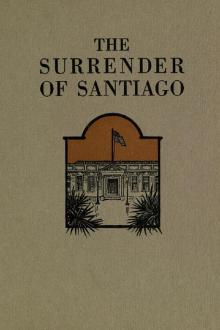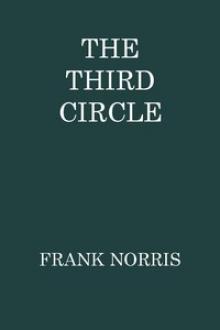The Pit
The Pit
A Story of Chicago
This powerful novel is the fictitious narrative of a deal in the Chicago wheat pit and holds the reader from the beginning. In a masterly way the author has grasped the essential spirit of the great city by the lakes. The social existence, the gambling in stocks and produce, the characteristic life in Chicago, form a background for an exceedingly vigorous and human tale of modern life and love.
Book Excerpt
nger sister
Page, and their aunt--Aunt Wess'--were still waiting for the rest of
the theatre-party to appear. A great, slow-moving press of men and
women in evening dress filled the vestibule from one wall to
another. A confused murmur of talk and the shuffling of many feet
arose on all sides, while from time to time, when the outside and
inside doors of the entrance chanced to be open simultaneously, a
sudden draught of air gushed in, damp, glacial, and edged with the
penetrating keenness of a Chicago evening at the end of February.
The Italian Grand Opera Company gave one of the most popular pieces of its repertoire on that particular night, and the Cresslers had invited the two sisters and their aunt to share their box with them. It had been arranged that the party should assemble in the Auditorium vestibule at a quarter of eight; but by now the quarter was gone and the Cresslers still failed to arrive.
"I don't see," murmured Laura anxiously for the last time, "what can be keeping them. Are you sure
FREE EBOOKS AND DEALS
(view all)Popular books in Business, Fiction and Literature, History
Readers reviews
4.0
LoginSign up
This absorbing novel follows Laura Dearborn, a well-to-do young woman recently come to Chicago, as she commences wedded life against a background of wheat speculating at the Board of Trade.
"The Pit" is the second saga in Norris' unfinished "Trilogy of The Epic of the Wheat." The cycle begins with "The Octopus," an otherwise unrelated novel that covers disputes between wheat growers and a railway trust in California. (Norris died before he started the third book, which was to cover wheat as bread relieving famine in Europe.)
Laura Dearborn is a rather tiresome, stupid woman, but Norris describes her world enthrallingly, and his business scenes -- loosely based on the young Chicago tycoon Joseph Leiter's 1890s corner on the wheat market -- make the clashes between Bulls and Bears surprisingly thrilling.
While some legal and technical changes in trading have occured since the turn of the 20th century and the CBOT's historic trading floor has been demolished, the basics remain the same today as in Norris' day, a hundred years ago:
"Think of it, the food of hundreds and hundreds of thousands of people just at the mercy of a few men down there on the Board of Trade. They make the price. They say just how much the peasant shall pay for his loaf of bread. If he can't pay the price he simply starves. And as for the farmer, why it's ludicrous. If I build a house and offer it for sale, I put my own price on it, and if the price offered don't suit me I don't sell. But if I go out here in Iowa and raise a crop of wheat, I've got to sell it, whether I want to or not, at the figure named by some fellows in Chicago. And to make themselves rich, they may make me sell it at a price that bankrupts me."
"The Pit" is the second saga in Norris' unfinished "Trilogy of The Epic of the Wheat." The cycle begins with "The Octopus," an otherwise unrelated novel that covers disputes between wheat growers and a railway trust in California. (Norris died before he started the third book, which was to cover wheat as bread relieving famine in Europe.)
Laura Dearborn is a rather tiresome, stupid woman, but Norris describes her world enthrallingly, and his business scenes -- loosely based on the young Chicago tycoon Joseph Leiter's 1890s corner on the wheat market -- make the clashes between Bulls and Bears surprisingly thrilling.
While some legal and technical changes in trading have occured since the turn of the 20th century and the CBOT's historic trading floor has been demolished, the basics remain the same today as in Norris' day, a hundred years ago:
"Think of it, the food of hundreds and hundreds of thousands of people just at the mercy of a few men down there on the Board of Trade. They make the price. They say just how much the peasant shall pay for his loaf of bread. If he can't pay the price he simply starves. And as for the farmer, why it's ludicrous. If I build a house and offer it for sale, I put my own price on it, and if the price offered don't suit me I don't sell. But if I go out here in Iowa and raise a crop of wheat, I've got to sell it, whether I want to or not, at the figure named by some fellows in Chicago. And to make themselves rich, they may make me sell it at a price that bankrupts me."
- Upvote (0)
- Downvote (0)
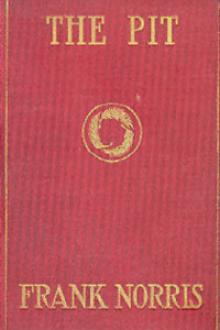
 Free Download
Free Download
